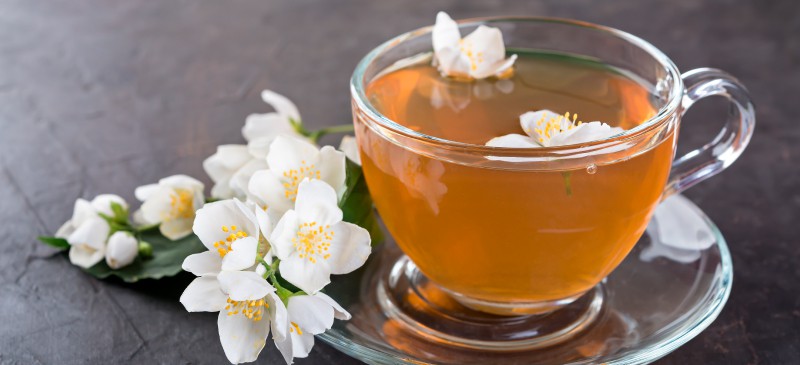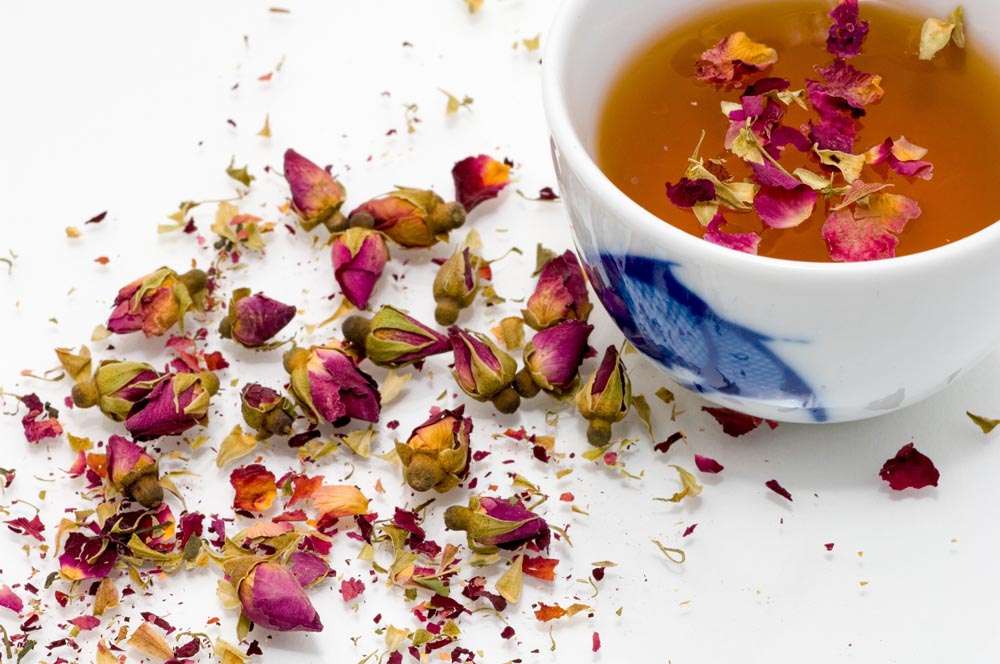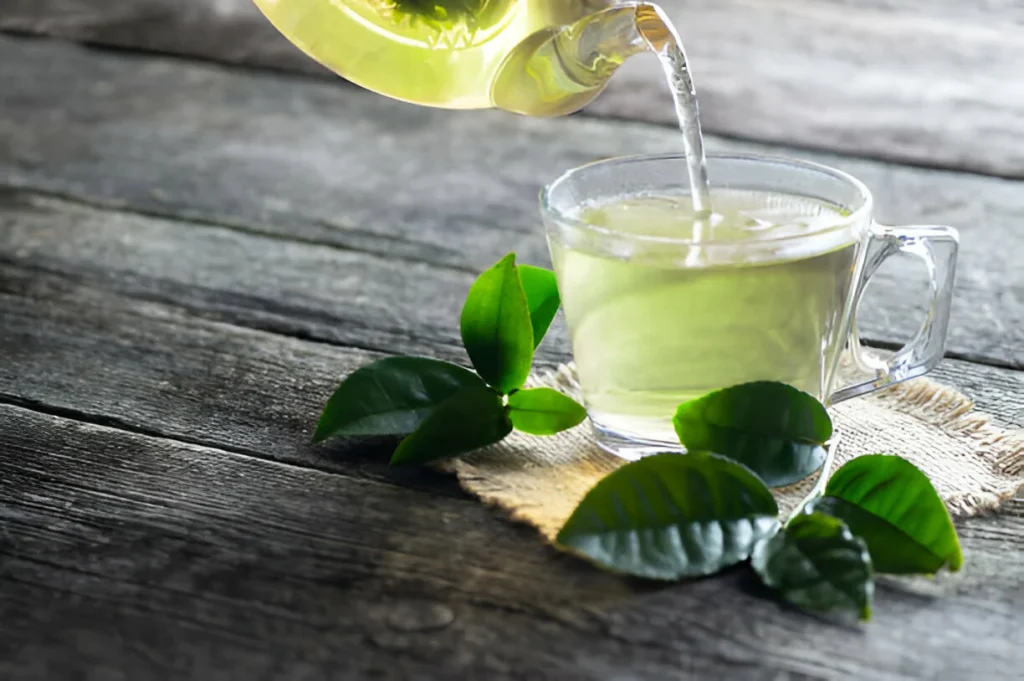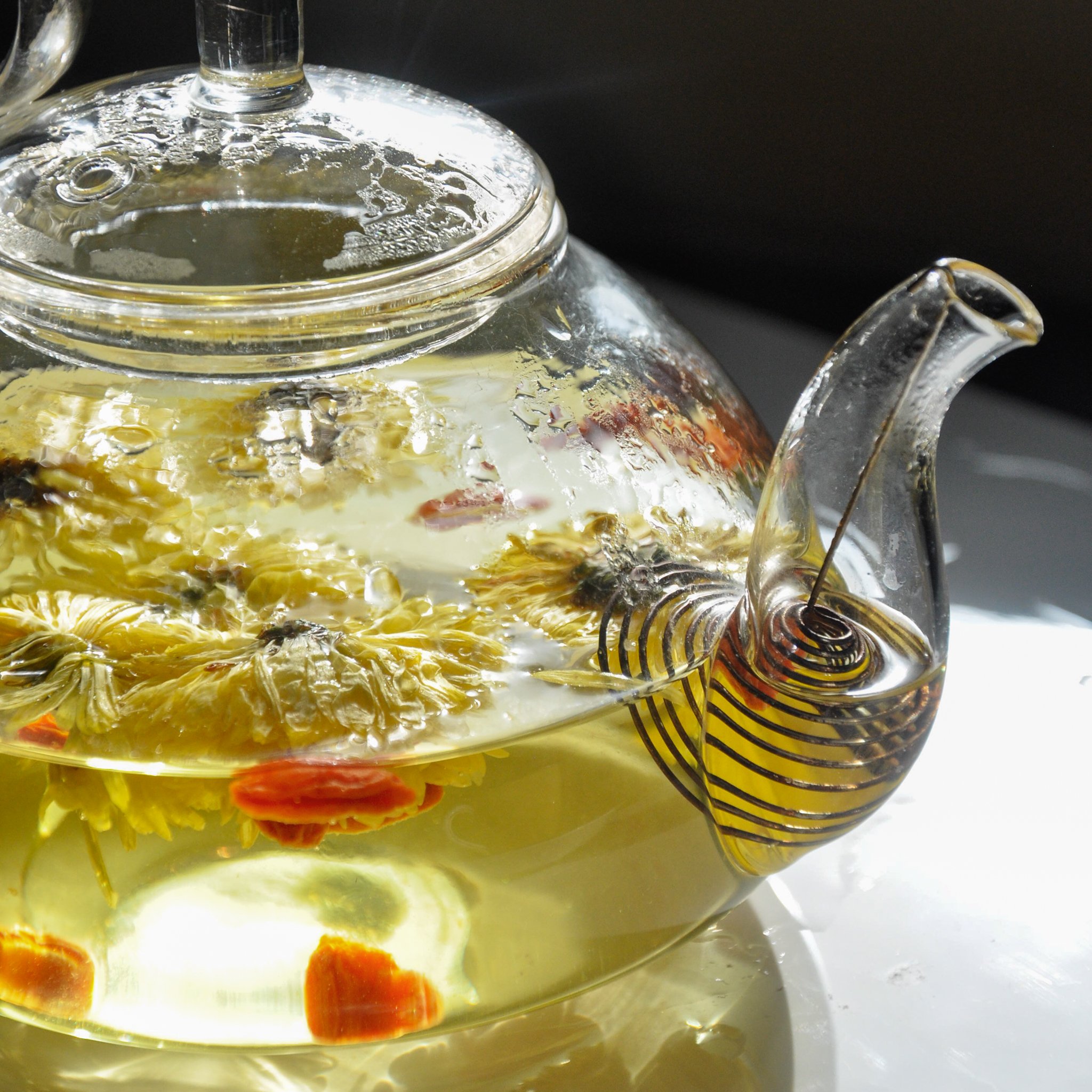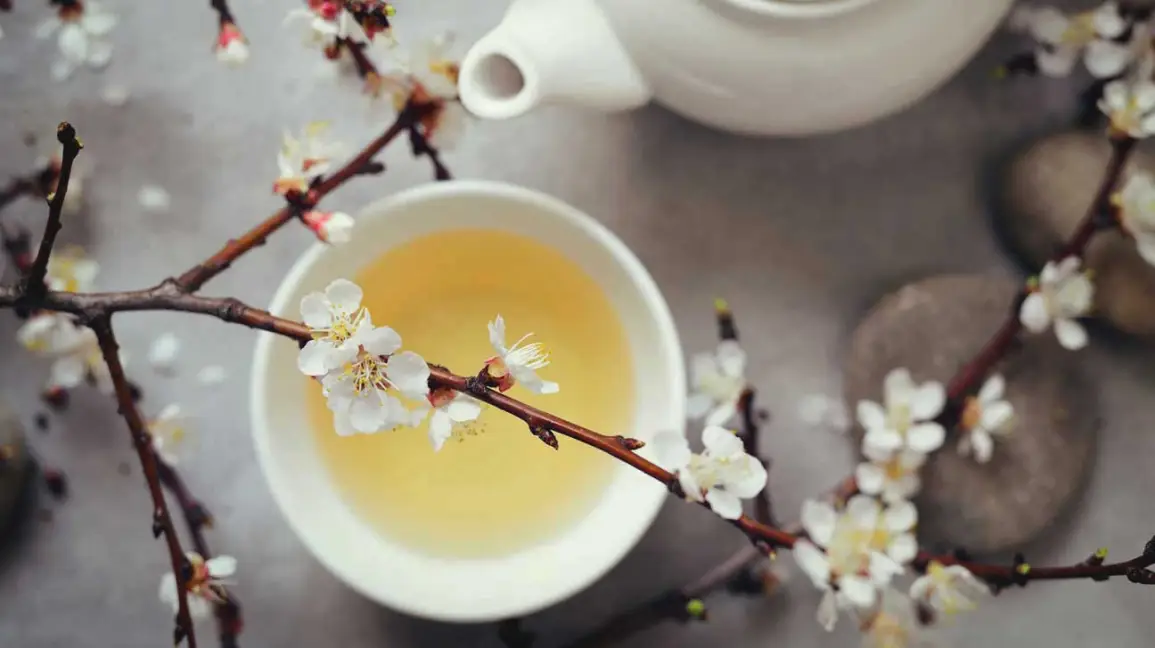Jasmine tea is a delicately flavoured tea known for its floral aroma and soothing properties. Often made by blending green tea leaves with jasmine flowers, this tea combines the health benefits of green tea with the calming scent of jasmine blossoms. While it’s loved for its subtle sweetness and relaxing effects, jasmine tea does contain caffeine, and its content varies depending on several factors. Let’s explore the caffeine content of jasmine tea and what influences it.
How Much Caffeine is in Jasmine Tea?
The caffeine content in jasmine tea typically ranges between 15 and 60 milligrams per 8-ounce cup. The exact amount depends on the type of tea base used and the brewing process. Here’s a breakdown based on the common types of jasmine tea:
- Jasmine Green Tea:
- This is the most common variety of jasmine tea. Since green tea is used as the base, its caffeine content is generally lower than black tea, averaging 20-30 mg per cup.
- Jasmine White Tea:
- White tea has the least amount of caffeine among traditional teas. Jasmine white tea typically contains 15-20 mg per cup, making it a milder option.
- Jasmine Black Tea:
- Black tea as a base results in higher caffeine content, around 40-60 mg per cup, depending on the brewing method.
- Jasmine Oolong Tea:
- Oolong tea falls between green and black tea in terms of oxidation, and its caffeine content in jasmine blends averages 30-50 mg per cup.
- Caffeine-Free Options:
- Herbal jasmine teas or those made without traditional tea bases (e.g., blended with rooibos or chamomile) are naturally caffeine-free.
Factors That Influence Caffeine Content
Several variables affect the caffeine content of jasmine tea:
- Type of Tea Leaves:
- Younger tea leaves (e.g., buds or tips) typically contain more caffeine than older, mature leaves.
- Brewing Time and Temperature:
- Longer steeping times and higher water temperatures extract more caffeine from the leaves. To reduce caffeine, brew at a lower temperature (around 75–80°C or 170–175°F) for a shorter time.
- Serving Size:
- Larger servings will naturally contain more caffeine. Adjusting the amount of tea leaves used can also influence the caffeine level.
- Blending and Processing:
- The ratio of jasmine flowers to tea leaves, as well as how the tea is processed, can impact the final caffeine concentration.
Caffeine Comparison with Other Beverages
To put jasmine tea’s caffeine content into perspective, here’s how it compares to other drinks (per 8-ounce cup):
- Coffee: 80-100 mg
- Black Tea: 40-70 mg
- Green Tea: 20-50 mg
- White Tea: 15-30 mg
- Herbal Tea (e.g., chamomile): 0 mg
Jasmine tea generally has less caffeine than coffee and black tea, making it a gentler alternative for those looking to reduce their caffeine intake.
Who Should Be Cautious About Caffeine in Jasmine Tea?
While jasmine tea is safe for most people, certain groups may need to moderate their caffeine consumption:
- Sensitive to Caffeine:
- Individuals sensitive to caffeine may experience jitteriness or trouble sleeping. Opt for jasmine white tea or caffeine-free blends.
- Pregnant or Breastfeeding:
- The recommended daily caffeine intake during pregnancy is 200 mg or less. With careful monitoring, jasmine tea can still be enjoyed in moderation.
- Anxiety-Prone Individuals:
- Caffeine can exacerbate anxiety symptoms. Lower-caffeine options, such as jasmine herbal tea, are ideal.
- Those with Sleep Issues:
- To avoid caffeine interfering with sleep, it’s best to drink jasmine tea earlier in the day.
Benefits of Jasmine Tea with Caffeine
Moderate caffeine consumption in jasmine tea offers several benefits:
- Boosts Alertness:
- The caffeine content provides a gentle energy boost, improving focus and productivity.
- Rich in L-Theanine:
- Jasmine tea contains L-theanine, an amino acid that promotes relaxation and balances the stimulating effects of caffeine.
- Antioxidant Power:
- The tea base (e.g., green or white tea) is rich in antioxidants, supporting overall health.
Conclusion
Jasmine tea strikes a balance between flavor, aroma, and moderate caffeine content, making it a versatile choice for tea enthusiasts. Whether you enjoy it for its gentle energy boost or its soothing floral notes, understanding the caffeine levels in jasmine tea can help you tailor your brew to your preferences and lifestyle. For those sensitive to caffeine, jasmine white tea or herbal options provide a caffeine-free alternative while retaining the delightful jasmine aroma.
